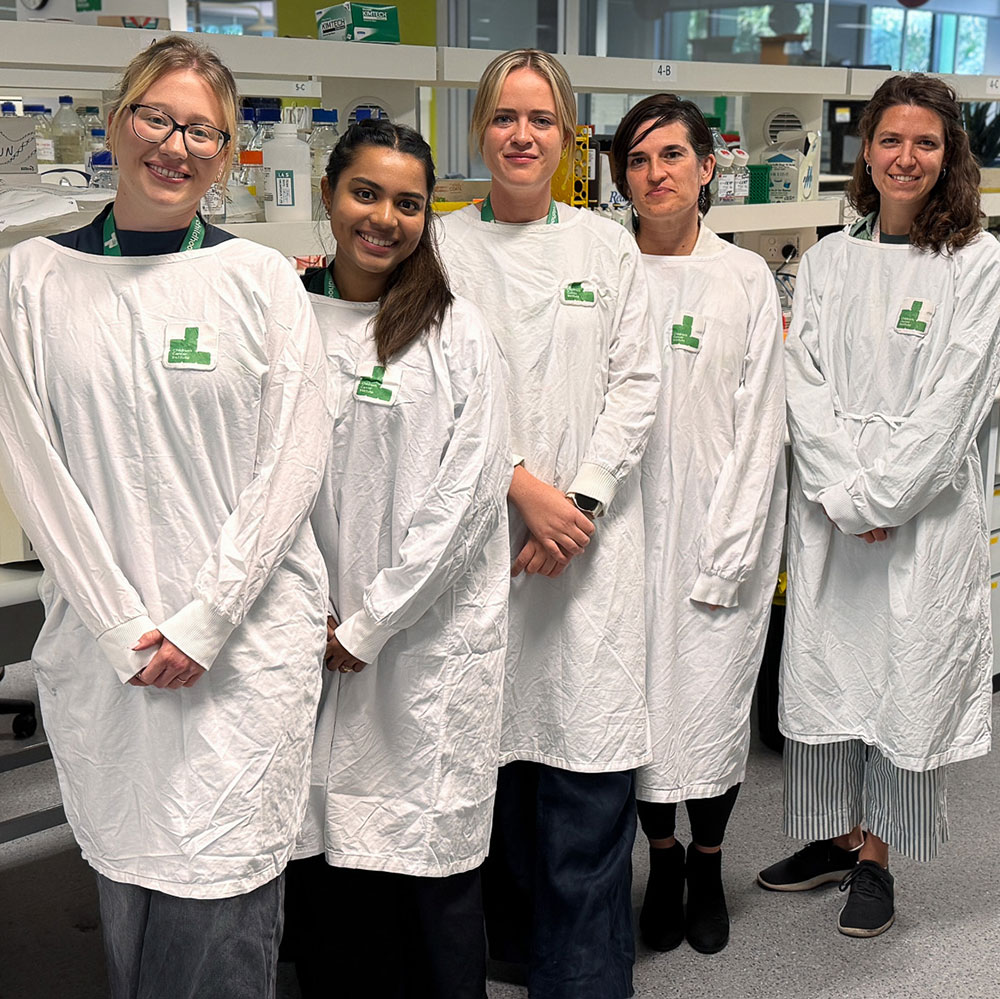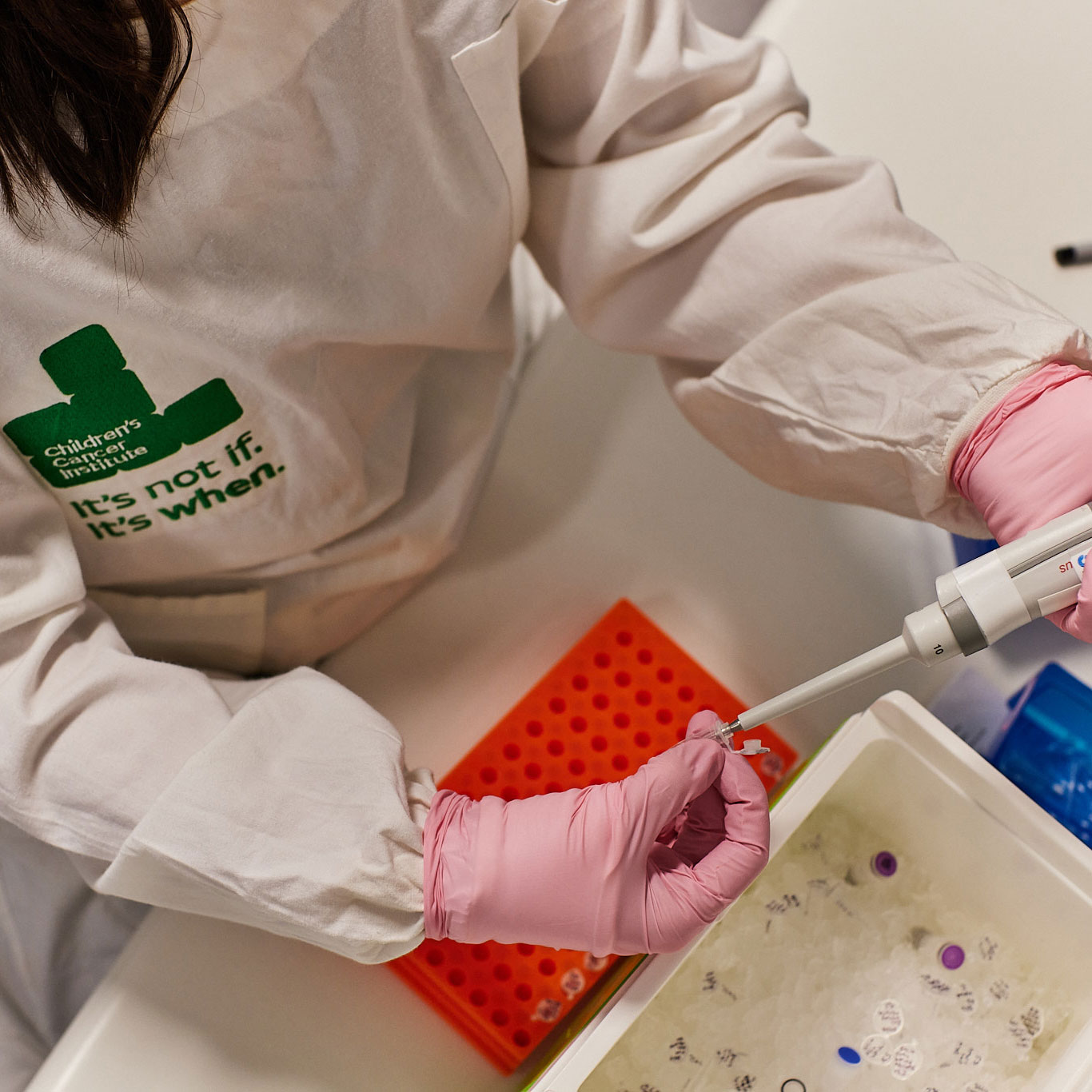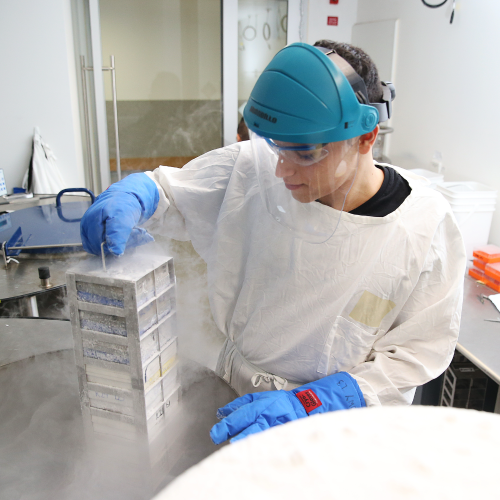In this second blog in our ‘rapidly-evolving areas of research’ series, we look at the exciting field of cancer prediction. Is it possible to know in advance which children are susceptible to getting cancer, and if so, is there anything that could be done about it?
Childhood cancer risk
Cancer is often thought of as a disease of old age. And in general, it does hold true that the older you get, the more chance you have of getting cancer. But how is it that some children, even newborns, can get cancer?
Dr Mark Pinese, Team Leader in the Institute’s newly-formed Genomic Childhood Cancer Risk Group, says it’s paradoxical that even very young children develop cancer. He’s on a mission to find out why this happens, if it’s possible to identify who is at risk, and – the million dollar question − can cancer be prevented in some children?
Investigating the genetic basis of childhood cancer
Mark is working on a program called PREDICT, a collaboration funded by the Luminesce Alliance. For this program, every child diagnosed with cancer in NSW is being given the opportunity to participate in a study looking at genetic predisposition in childhood cancer.
This will involve examining the child’s genome, as well as the genomes of their parents, to look for significant ‘gene variants’ − variations in their genetic make-up which point to a possible genetic basis for childhood cancer.

What’s the point?
When a child is diagnosed with cancer, one of the first questions often asked by their parents is ‘why did this happen?’ Many parents worry that they might have somehow caused it, or passed it down to their child unwittingly. Needless to say, not knowing the cause can be extremely frustrating.
‘Through the research we’re doing, we’re hoping to be able to help families understand why their child has developed cancer,’ explains Mark. ‘We’re also hoping to identify those families who have a genetic predisposition to cancer, so they can look at managing their risk and taking preventative measures, where possible.”
Looking to the future
Cancer prediction is an exciting and very fast-moving area to work in. ‘The science of genomics is providing us with so much new information, and making all sorts of things possible that simply weren’t possible before,’ explains Mark. ‘I have high hopes for where it will take cancer research, and how it will benefit families into the future.’
‘The thing that most excites me most is that if we can understand why kids get cancer, we might be able to figure out how to stop it happening in the first place. There is very exciting research underway that is showing this might be possible. It’s my dream that one day a kid at risk of cancer could be given a simple drug, before the cancer develops, that stops the cancer from ever appearing in the first place. That’s our ultimate goal.’














